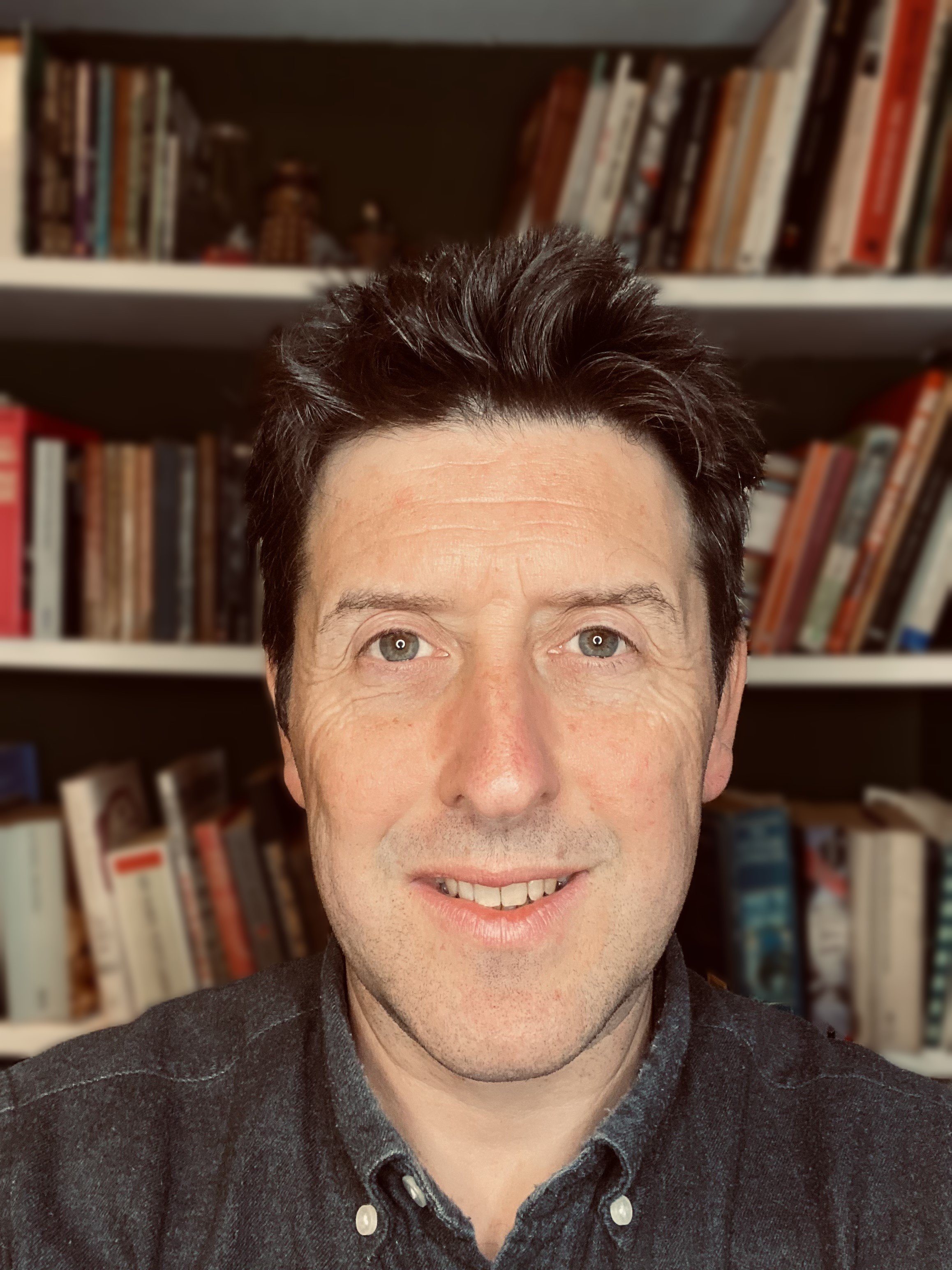EDF fined £1.3m for hacking into Greenpeace computers
A Paris court has fined French energy firm EDF £1.3m for hacking into Greenpeace computers to find out about the environmental group’s plans to block four planned nuclear power plants in the UK.
A Paris court has fined French energy firm EDF £1.3m for hacking into Greenpeace computers to find out about the environmental group’s plans to block four planned nuclear power plants in the UK.
EDF has also been ordered to pay £428,000 in damages to Greenpeace, according to the Guardian.
Greenpeace and EDF, which owns UK nuclear power operator, British Energy, have clashed for years over France's power production, more than three-quarters of it nuclear.
The history of nuclear power is littered with tales of dirty tricks, propaganda and deceit, wrote Greenpeace blogger Justin McKeating. “EDF’s espionage is merely the latest example in a long line,” he said
EDF’s former nuclear production security chief Pascal Durieux was given a three-year sentence with two years suspended, and an £8,500 fine for commissioning the spying.
Pierre-Paul François, second in command for nuclear security in 2006, was also given a three-year sentence with two-and-a-half years suspended.
Thierry Lorho, head of Kargus Consultants, the firm commissioned by EDF to hack into Greenpeace's computers, was also given a three-year sentence with two year suspended, and a £3,500 fine.
According to confidential court testimony released by French website Mediapart two years ago, EDF had organised surveillance of Greenpeace across Europe since 2004.
During the trial, EDF said it had been unaware anyone would hack a computer.
Greenpeace UK's executive director, John Sauven, said the trial showed that the espionage undertaken by EDF in its efforts to discredit Greenpeace was extensive.
“The company should now give a full account of the spying operation it mounted against its critics. As one of the six companies with a monopoly over electricity supply in the UK and a major sponsor of the Olympics, EDF has a duty to come clean. The length of the sentences handed down shows just how seriously the judge views what the French state owned company did,” he said.











